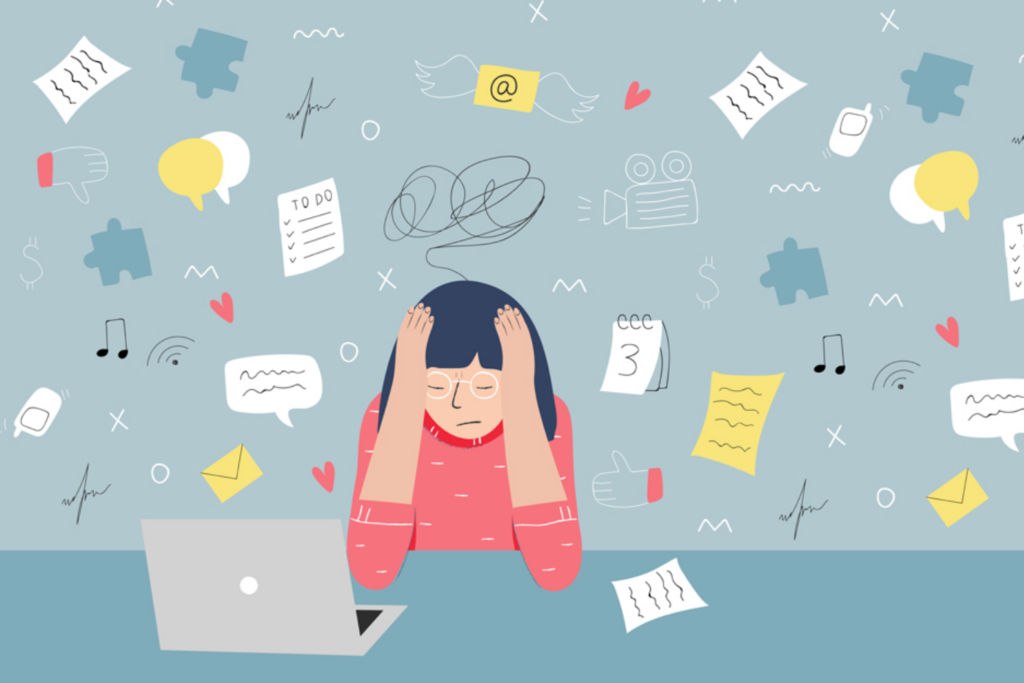How and Why to Look After Your Wellbeing as an Education Leader
Education leaders feel immense stress, and it can have serious impacts on headteacher wellbeing. Here's why that matters and what to do to improve your wellbeing.
While sector challenges and the behaviour of leaders and other stakeholders undoubtedly have a real and significant impact on the wellbeing of staff, there are steps individuals can take to protect themselves and better manage their own wellbeing.

Changing behaviours and habits is not easy, particularly in the context of life in a busy establishment. You have a limited amount of willpower but effective habits help you make better decisions.
Below are 8 tips that will help you to improve your wellbeing.
1. Acknowledge what's happening to you: Avoiding burnout isn't easy when you're not fully in tune with what's happening to you. For example, while you may know you're feeling stressed or exhausted, you might not know why. Being able to identify specific things that are impacting you in and out of work, makes it easier for you to tackle them.
Some people find that journaling helps. Writing down what's happening when you’re stressed, and any specific feelings you have, can help to discover patterns. If writing isn't your thing, you can create a brief time each day when you can reflect on your worries. Getting these out in the open can help you to gain clarity on what’s happening for you and give you more mental breathing space later
You can also touch base with a friend or colleague and gain their perspective. They may be able to help you find solutions that you struggle to see.
2. Accept you do have a choice: Remember you control your work and not the other way round – all of us could quite easily work until midnight each day, as there is too much to do. Set your working hours and do the work you can do within them, and then pick up anything not done on the next day. If you don’t do this, the day simply expands to fit the work!
As you likely feel pressure to complete work, it may not feel like you do have choice. This pressure is often self-imposed and what we do and how we respond to situations, is usually within our gift. We can choose whether and when we work additional hours or if we want to take steps to reduce these.
No-one is pretending this is easy and that there aren’t staff members who need significant support to deal with this, as well as mental health and other workplace challenges. Yet recognising that there is choice is an important first step.
3. Maintain a life outside work: Taking work home seems to be almost inevitable for those in leadership and teaching roles, as well as some support roles. For example, lesson planning and marking are just two of the activities often cited as those done outside the usual school hours.
While you can't always avoid taking your work home with you, it is important to create some separation. Dedicate a specific space to completing your work and try to ensure it's away from the areas where you relax so you maintain space away from any possible school anxiety. If the only space available is your living room, you can create an office corner and avoid completing tasks on the sofa. Once you decide you're done with work for the night, step away from that space and silence your phone until the next working day begins.
Maintaining an active social life is also important, spending time with your family or friends, and focusing on your hobbies are helpful in avoiding burnout. Take some time to consider what gives you the biggest release from stress. Focusing on activities that are fun helps you detach from
4. Give yourself time to focus on your mental health: When weekends and holidays come around, consider dedicating time and even a day to focus on your mental health. Although stepping away from work-related projects doesn't make problems disappear, it gives you the chance to recharge. Being able to refresh yourself allows you to tackle tasks more effectively when you need to focus on work again.
When taking a mental health day, make sure you absolve yourself of any work-related commitments. Your time away from work doesn't need to be productive in any way. If you need to treat it as an opportunity to relax and do nothing, then do so.
5. Prioritise your work: Not all work is created equal and take opportunities to review what is most important. One way of doing this is to consider it against the following framework.
You might also use a to do list when capturing the work you feel you must do. Consider moving some of these to a ‘to don’t list’ – those with the lowest impact or where the opportunity cost of not doing them is greater.

6. Learn to say 'no': When someone asks you to complete a task that impacts on other work, saying "no" benefits both you and your students. Easier said than done, and one way you can do this is through negotiation. If the new task comes from your line manager or other leader, let them know what else you have on and ask which of these should you not do, to accommodate the new work. This also helps raise their awareness of your situation.
7. Focus on what has gone well: Many staff members tend to focus on what’s gone wrong or tasks that have not been completed at the end of each day. If you recognise this, accept you will have completed many more tasks when compared to those not completed and delivered many successes each day. It's important to focus on these and one way to do this is to create a habit of asking yourself two questions at the end of each day – what has gone well today and what has been completed? List the three most important things and take these home with you.
8. Establish a support network: You can create both formal and informal support networks to help you manage your wellbeing. Talking to your colleagues is an effective way to offload some of your worries. Other educational staff might see things you are missing and help identify solutions to your problems.
Speaking with your line manager or another leader may also prove useful, and they may have insight into what is going on and at the very least, it ensures they're aware of how you feel, making it easier for them to provide support.
Speaking with your line manager or another leader may also prove useful, and they may have insight into what is going on and help identify solutions. At the very least, ensuring they're aware of how you feel makes it easier for them to provide support.
Talking to a trusted friend and those outside education can also help give you a different perspective on what is happening.
If you would like to find more tips about managing a full range of challenges that impact staff wellbeing – from full interactive courses through to bitesize videos and guides - The Welbee Toolkit is for you.
It has been designed to help those working in education look after and improve their own wellbeing. Why not sign up for a free account today?